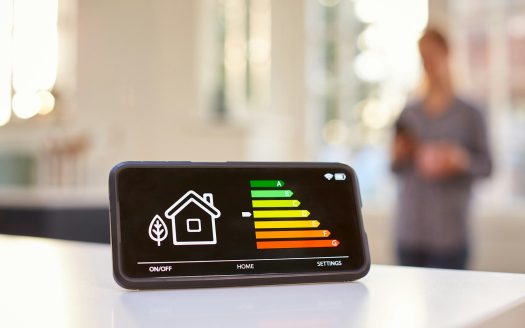Effect of Inflation on House Prices
Inflation is an economic phenomenon that can have a profound effect on house prices. Inflation is the sustained rise in the general level of prices for goods and services in an economy over a period of time. It affects the value of money, meaning that the same quantity of money will buy fewer goods and services over time. This can have a major impact on the property market, and it is important for homeowners and prospective buyers to understand how inflation affects house prices and what strategies can be used to mitigate its effects.
Inflation is measured by the Consumer Price Index (CPI), which is an index that tracks the prices of a basket of goods and services. The CPI is used by governments and central banks to measure the rate of inflation in an economy. As prices rise, the purchasing power of money declines, and inflation erodes the value of money over time.
Inflation can be caused by a variety of factors, including an increase in the money supply, a decrease in the demand for goods and services, or an increase in production costs. Inflation can also be caused by a decrease in the purchasing power of money, which can happen when the value of money is weakened by economic factors such as a recession.
Inflation affects house prices in two primary ways. Firstly, as inflation rises, the purchasing power of money decreases, so buyers have less money to spend on property. Secondly, as inflation increases, so does the cost of living, which means that people may need to spend more money on rent or mortgage payments. This drives up the demand for housing, which in turn pushes up house prices.
Inflation can also cause house prices to increase in other ways. For example, if inflation rises faster than wages, then people will have less money left over to save for a deposit or down payment on a house. This can make it more difficult for potential buyers to enter the housing market, which can lead to higher house prices.
Inflation and house prices are affected by a variety of economic factors, such as interest rates, unemployment, and wages. Interest rates are a key factor in determining the cost of borrowing money, which can have a major impact on house prices. If interest rates are low, then it is cheaper for people to borrow money, which can lead to an increase in house prices.
Unemployment and wages are also important factors. If unemployment is high and wages are low, then people will have less money to spend on housing, which can lead to lower house prices. Conversely, if unemployment is low and wages are high, then people will have more money to spend on housing, which can lead to higher house prices.
One of the best ways to mitigate inflation’s impact on house prices is to save for a larger down payment. By saving more money up front, buyers can reduce their monthly mortgage payments, which can help to offset the effects of inflation.
Another strategy is to invest in an inflation-protected security, such as a Treasury Inflation-Protected Security (TIPS). TIPS are bonds that are linked to the CPI and are designed to protect investors from inflation. By investing in TIPS, investors can protect their savings from the effects of inflation.
Finally, it is important to stay informed about the housing market and the economy. By staying informed, homeowners and prospective buyers can make informed decisions about when to buy and sell, which can help to mitigate the effects of inflation.
Inflation can have a significant impact on house prices, but there are strategies that can be used to mitigate its effects. By saving for a larger down payment, investing in inflation-protected securities, and staying informed about the housing market and the economy, homeowners and prospective buyers can protect themselves from the effects of inflation.






